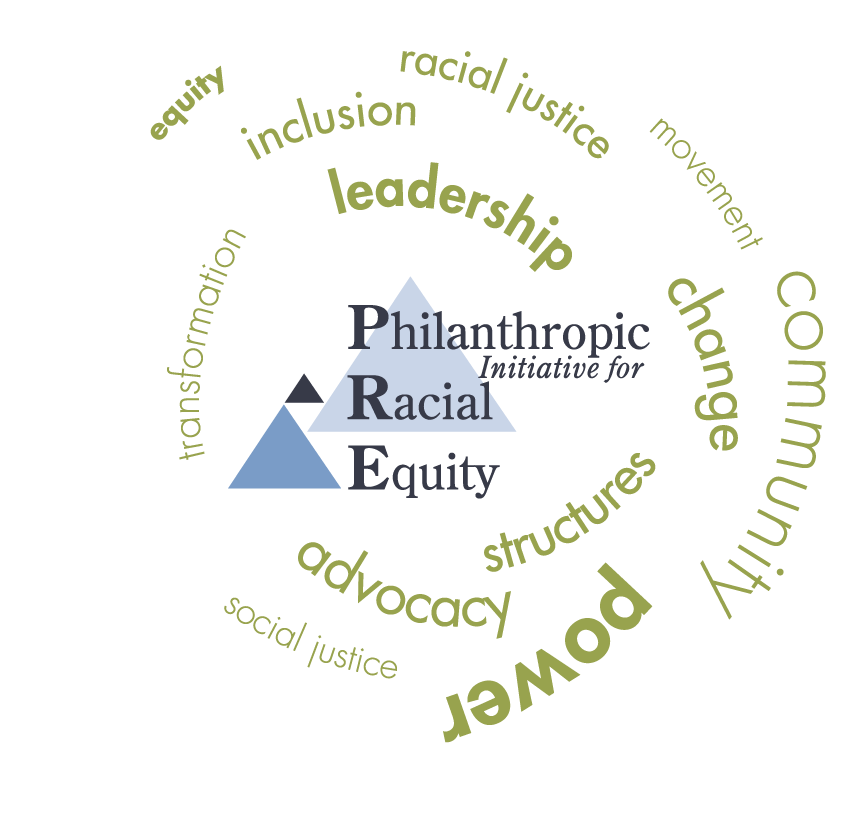Minority-led Nonprofits
by Rick Cohen
What do we really know, in terms of hard research, about the greater efficacy or effectiveness of minority-led organizations serving their communities? This is the implicit question of AB624, and not answered by the generic response that “diverse” organizations are more effective or innovative entities, a contention asserted in the mathematical modeling of University of Michigan professor Scott Page1. Even if the equation of diversity yields innovation and effectiveness is correct for generic nonprofits, do the aspirations of racial/ethnic minorities-and other disenfranchised or marginalized populations-get well represented by white or “diverse” organizations, or is there something important from a perspective of empowerment and racial/ethnic equity from having people of color speak for themselves?
While the research studies may not address this question of empowerment very clearly or empirically, we do know one thing: The nonprofit sector is hardly as diverse, at least in racial/ethnic terms, as the population of the U.S., whose workforce is nearing majority-minority status and whose entire population could reach that point as soon as 2050.
In 2005, the Urban Institute conducted a stratified random sample of nonprofits that had filed Form 990s with the IRS (meaning that they had at least $25,000 in receipts) and garnered more than 5,100 responses for a 41 percent response rate. The findings on the racial/ethnic composition of nonprofit boards are not surprising, yet stunning in terms of the less than “diverse” composition of the people charged with governing tax exempt 501(c)(3) organizations, the highlights noted below:
- The average nonprofit board is 86 percent white, the median nonprofit board 96 percent white.
- On average, 7 percent of board members are African-American/black and 3.5 percent Latino (leaving approximately 3.5 percent for all other non-white population groups).
- More than half of all boards are composed of entirely non-Latino whites.
- Even in metropolitan areas, with logically more racially/ethnically diverse populations, 45 percent of nonprofit boards are all white (and 66 percent outside of metropolitan areas)
- Among nonprofits whose service population or clientele is more than 50 percent African-American, 18 percent report no African-American/black board members; for service populations that are 25 to 49 percent African-American/black, 36 percent report no African-American/black board members.
- For nonprofits with service populations that are more than 50 percent Latino, one-third have no Latino board members; for those serving populations that are 25 to 49 percent Latino, more than half have no Latino board members.
Despite the robust response to the Urban Institute survey, the data reflects only a small proportion of the total number of nonprofits in the U.S. On the other hand, given that these nonprofits had the motivation and wherewithal to respond to the survey, one can only imagine the even weaker picture of the racial/ethnic composition of the decision-makers for the U.S. tax exempt sector2.
1Claudia Dreifus, “In Professor’s Model, Diversity = Productivity”, New York Times (January 8, 2008), http://www.nytimes.com/2008/01/08/science/08conv.html
2 Francie C. Ostrower, Nonprofit Governance in the United States: Findings on Performance and Accountability from the First National Representative Study (Washington: Urban Institute, 2007), pp. 17-18.

